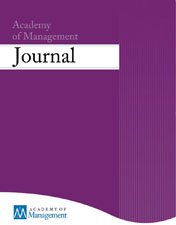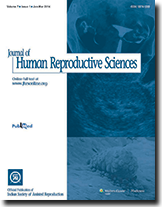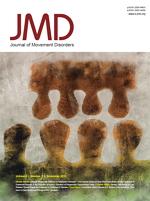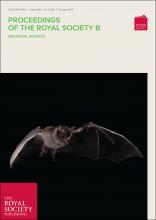 The author of a paper that looked at how the geographical spread of research and development sites has impacted innovation has posted a four-page list of corrections that fixed “empirical anomalies” in the paper.
The author of a paper that looked at how the geographical spread of research and development sites has impacted innovation has posted a four-page list of corrections that fixed “empirical anomalies” in the paper.
A group of PhD students raised concerns about the paper’s findings, according to the editor-in-chief of The Academy of Management Journal, Gerard George. The journal formed a committee that worked with the author to reproduce the results. That ended with a correction to two of the paper’s three hypotheses, and corresponding parts of the text.
The four-page notice — (the details of which are paywalled, unfortunately) — includes notes from the journal’s editor and the author:
Continue reading Mega-correction for “empirical anomalies” in management paper
 The first author of a paper
The first author of a paper 



 A 13th retraction has been published for
A 13th retraction has been published for  We have discovered several errata for a New York City urologist, including in one paper that previously
We have discovered several errata for a New York City urologist, including in one paper that previously  All but one of the authors of a
All but one of the authors of a 